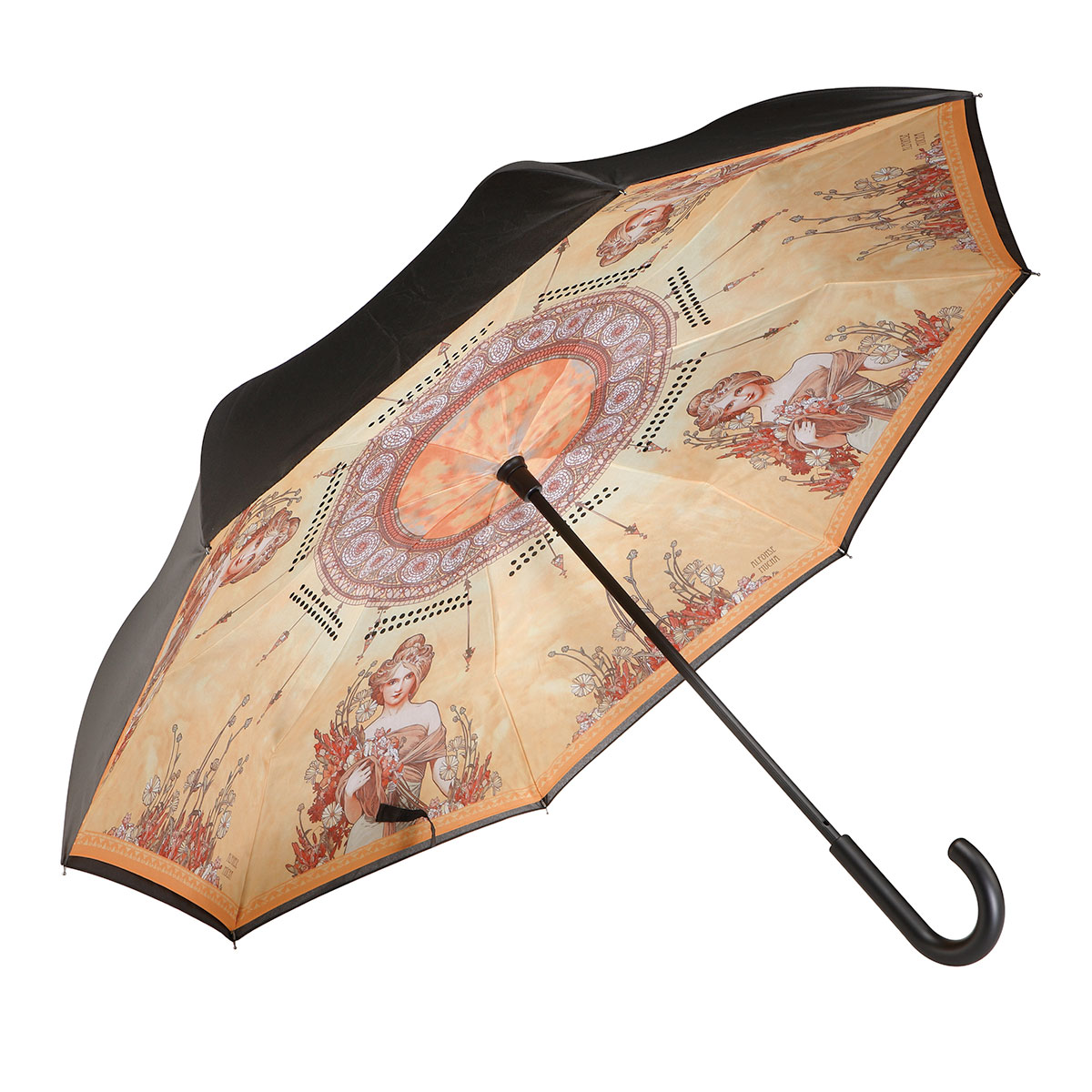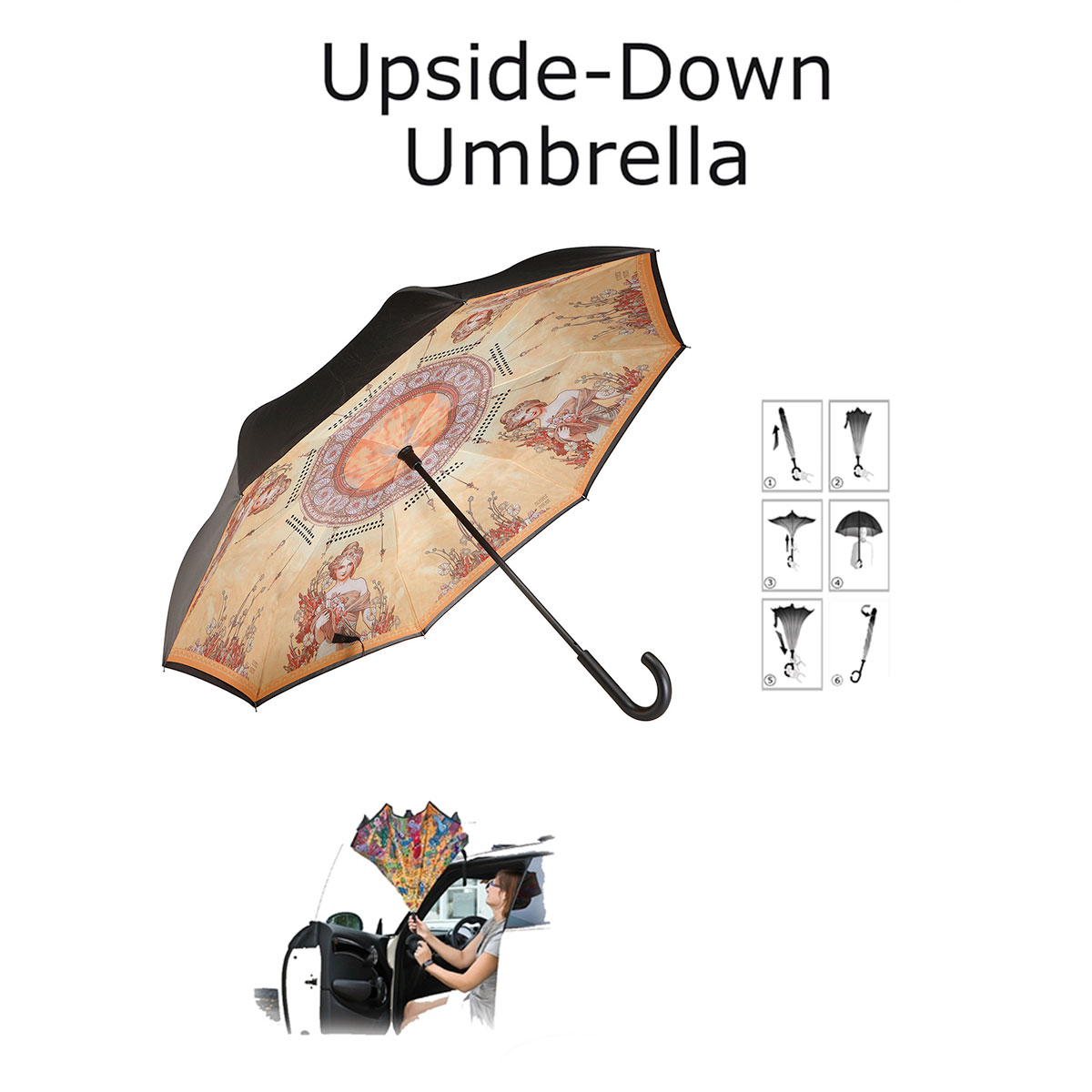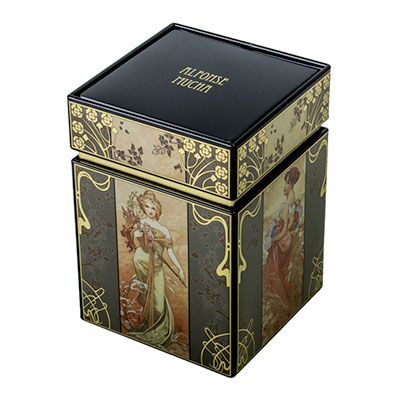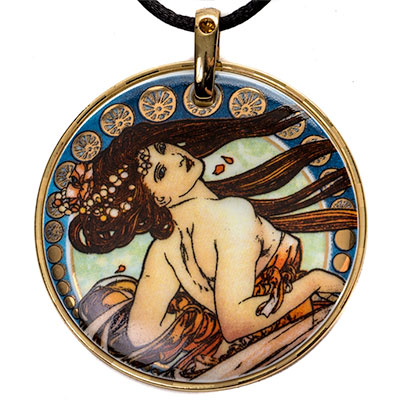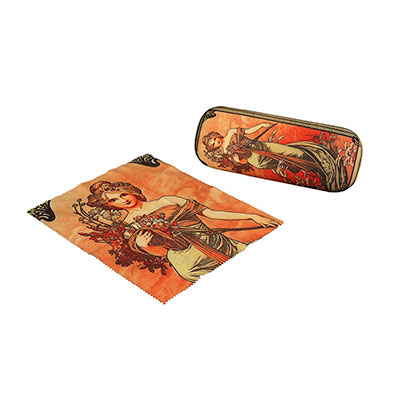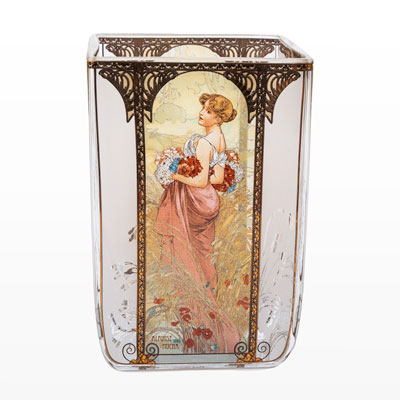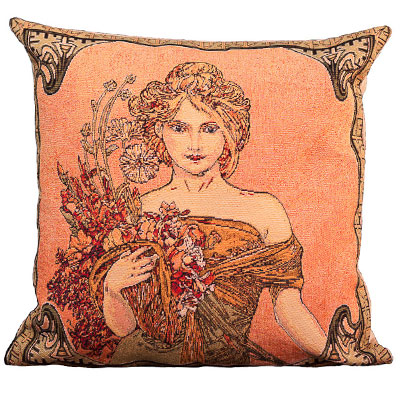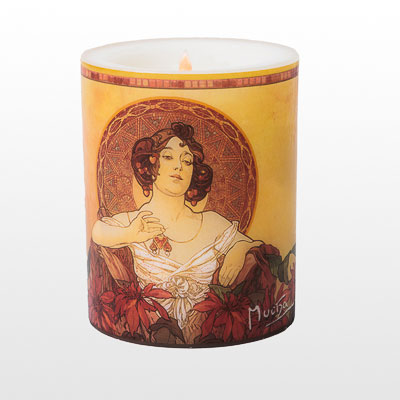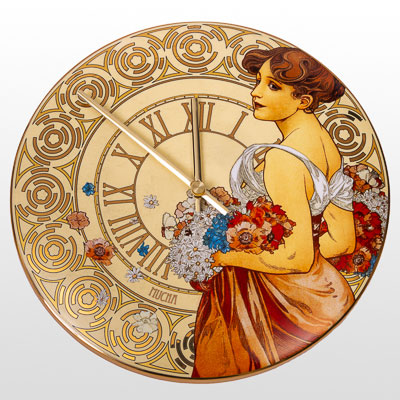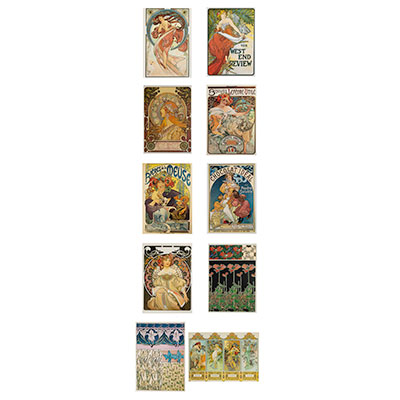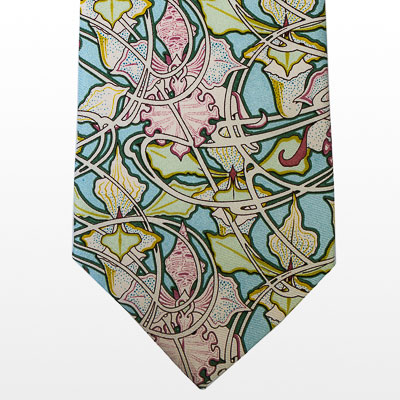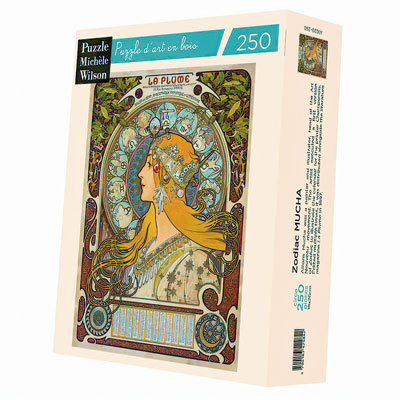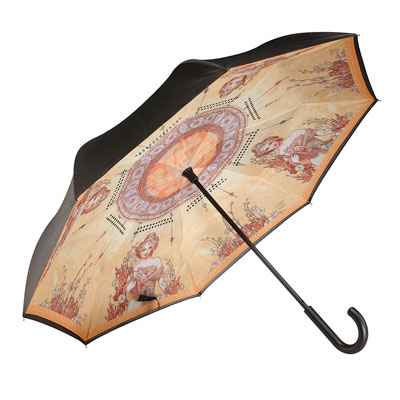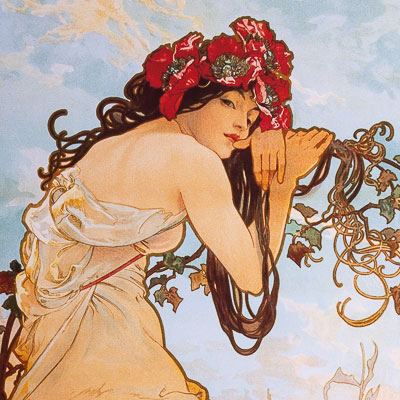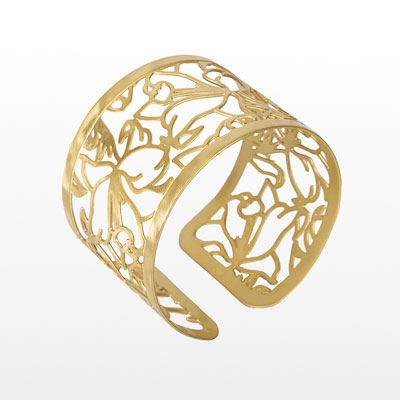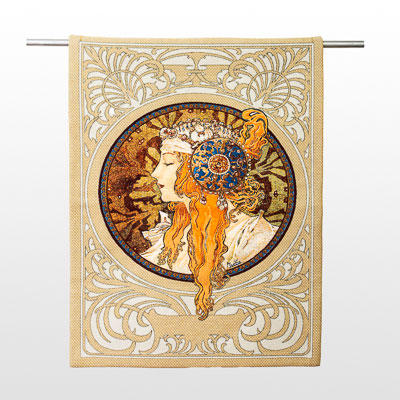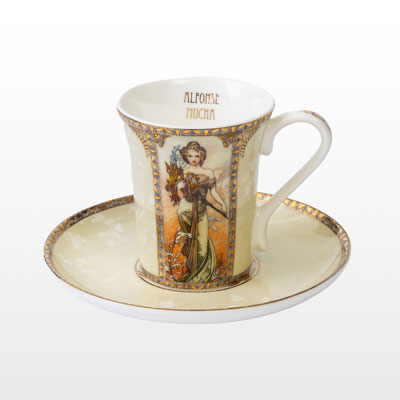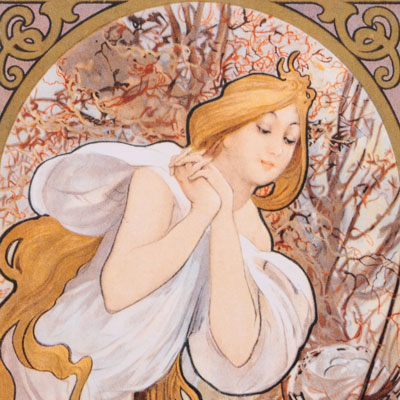Tel : (+33) 4 94 63 18 08
9am - 6pm from Monday to Sunday
All products Alfons Mucha • Products of the topic Art Nouveau
Alphonse Mucha Umbrella - The Spring
REF : PA-MUCH-01
In stock
Only 1 in stock
Unavailable
49,00 €
Artistic Umbrella Alphonse Mucha - "The Spring" (Upside down)
The traditional umbrella has been turned upside down and inside out due to an innovative two-layer construction.
When folding the umbrella the wet outer part is being pulled inside and the raindrops cannot drip down.
Ø : 108 cm
Length of the umbrella : 80 cm
Canopy (cover) : polyester
Handle made of plastic
Metal frame
* * * * *
Four Seasons by Alphonse Mucha (1896)
Alfons Mucha's 'Four Seasons' is a series of color lithographs titled 'The Seasons,' created in 1896. These panel lithographs, each measuring 54 x 103 cm, exemplify Mucha's notable work in the realms of artistic illustration and decorative art. The series bears witness to Mucha's mastery in using lithography to craft artistic pieces that transcended their initial advertising purpose, becoming icons of the Art Nouveau aesthetic. In this work, Mucha manages to capture the ephemeral essence of each season, endowing it with a timeless evocative power. Spring blossoms in a floral explosion, summer bathes in golden light, autumn adorns itself in amber hues, and winter dons elegant silhouettes.
Art Nouveau
Art Nouveau: An Ornamental Whirlwind that Marked the World of Art
Art Nouveau, this artistic movement that emerged in Europe at the end of the nineteenth century, managed to enchant the senses and revolutionize artistic conception until the first decades of the twentieth century. Its founders, visionary minds like Victor Horta and Hector Guimard, infused a new vitality into creative expression by adopting an extravagant ornamental style, resembling a visual symphony inspired by nature. Between 1895 and 1905, Art Nouveau reached its peak, submerging the artistic and architectural landscape with its flamboyant brilliance. However, its imprint deeply rooted itself in the intricacies of art and architecture, stretching far beyond that prosperous period. The movement drew inspiration from various artistic and cultural currents of the time, such as Japonism and the Arts and Crafts Movement, skillfully merging traditional and modern elements to create a bold aesthetic. Art Nouveau artists left their mark with fluid curved lines and intricate ornamental motifs, blossoming like flourishing petals in their creations. Their passion for nature translated into works brimming with life and energy, capturing the very essence of the natural world in breathtaking beauty. They also explored new artistic paths, pushing boundaries through innovative production techniques, such as blown glass and forged metal. These daring creators found their expressive ground in a multitude of artistic fields, whether in architecture, sculpture, engraving, photography, or furniture design. Names like Victor Horta, Hector Guimard, Gustav Klimt, Antoni Gaudí, Alphonse Mucha, Théophile Alexandre Steinlen, Henri de Toulouse-Lautrec, and Aubrey Beardsley illuminated the artistic scene with their creative genius. Their works, exhibited at international events, spread the fame of Art Nouveau to all corners of the globe. Although Art Nouveau held a prominent place in art history, it did not escape criticism, with some reproaching it for its lack of political and social depth. At the turn of the twentieth century, it eventually gave way to new artistic movements. Nevertheless, its legacy endured, imbuing art and architecture with timeless influence. Even today, it is celebrated and admired for its unparalleled splendor and creativity, an eternal testament to a time when art dared to push the boundaries of imagination.
Discover the artist
Mucha Alfons
Alfons Mucha, also spelled Alphonse, was a Czech painter and poster artist who rose to fame in early 20th century Paris.
It was Count Khuen-Bellassi, his patron, for whom he had decorated castles in the Austro-Hungarian Empire, who sent him to study in Paris. There, very quickly, he began a career as a poster designer, notably through Sarah Bernhardt, whose theater posters he designed and thus had a lasting influence on French Art Nouveau. , and in its wake Art Deco. He designed advertising posters for the greatest brands of his time and thus mark his time, in a totally new mode of expression!
